LIBRARY TOUR – RARE BOOK ON CONFUCIUS
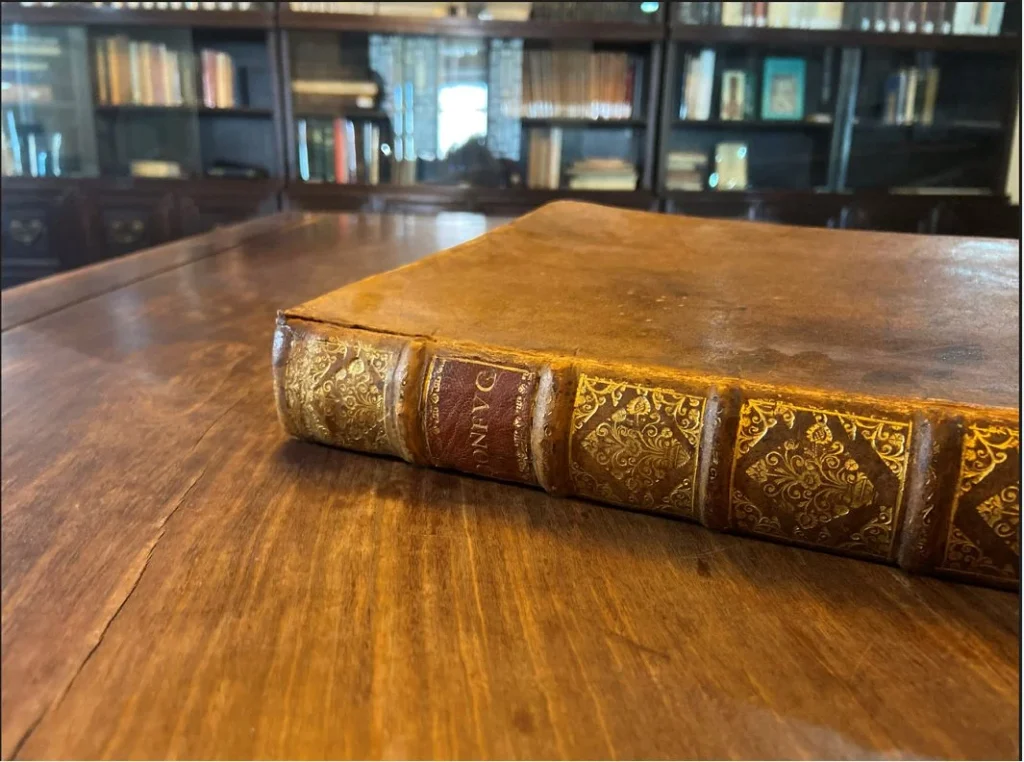
Confucius sinarum philosophus, sive scientia sinensis latine exposita, published in 1687, is the first edition print of the three major Confucian classics to be published together in any language other than Chinese. It’s published in Latin, making it the first recorded example of Confucian texts published in any European language. The Latin title translates to “Confucius the philosopher of China, or, the knowledge of China translated into Latin.”
HAPPY CHILDREN’S DAY!

Children’s Day (兒童節) is an important holiday around the world. In China, Children’s Day is celebrated on June 1st, while Hong Kong celebrates on April 4th. Although it’s often celebrated on different days, they all share one thing in common: honoring children.
JINGZHE: THE AWAKENING OF INSECTS
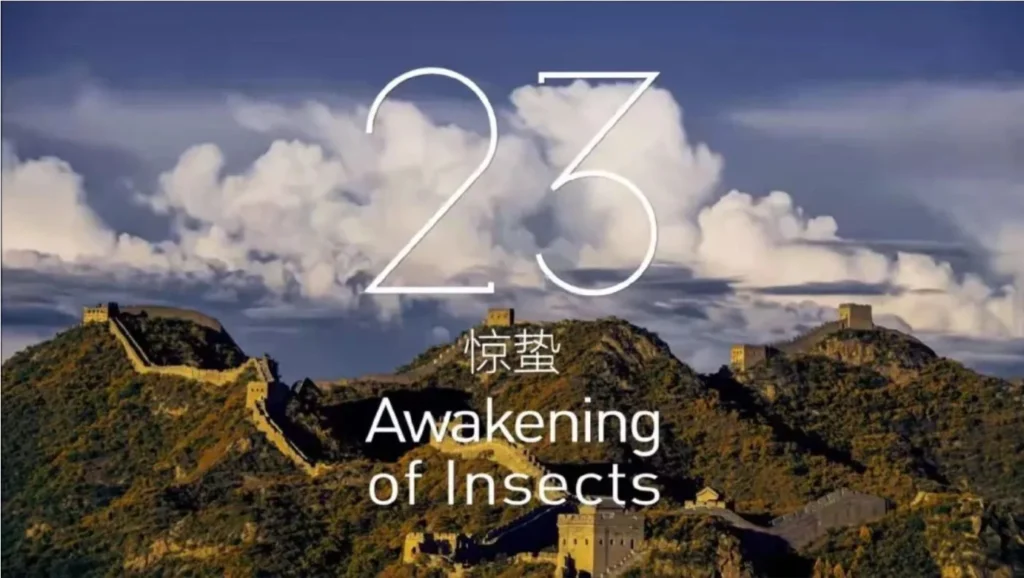
Do you remember the spectacular opening ceremony of the Beijing 2022 Winter Olympics? It glittered with Chinese culture from the very start when a 24-second countdown performance was staged, with each second representing one of the 24 solar terms.
The 24 solar terms embody the ancient Chinese wisdom of observing nature, represent a picturesque landscape as the seasons of spring, summer, autumn and winter change, and reflect Chinese people’s outlook on life and cosmology. Today TBC would introduce you to the third term of the 24 solar terms – Jingzhe (惊蛰).
LANTERN FESTIVAL

On the 15th day of the first lunar month, two weeks after Chinese New Year, another important traditional Chinese festival, the Lantern Festival (Yuanxiao Jie元宵节) is celebrated. It is the first full moon night in the Chinese calendar, marking (the anticipation of) the return of spring and symbolizing the reunion of the family. It also marks the end of the Spring Festival. It will be celebrated on Tuesday, 15 February in 2022.
During the Lantern Festival, Chinese people would do many interesting things to celebrate it.
CHINESE ZODIAC
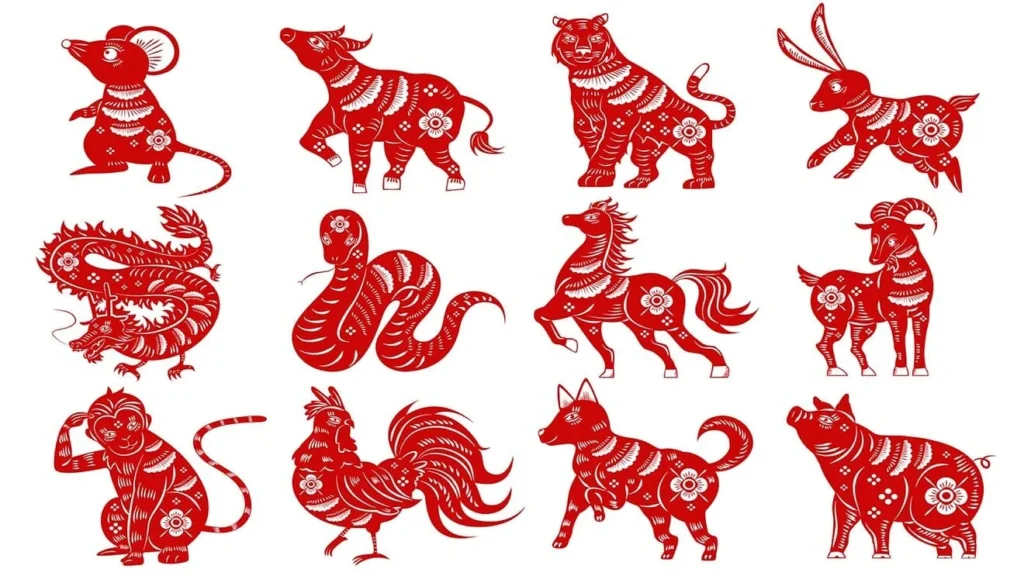
The Chinese zodiac is also known as Sheng Xiao (生肖) or Shu Xiang (属相). Originated from ancient zoolatry and boasting a history of more than 2,000 years, it plays an essential role in Chinese culture. The 12 Chinese zodiac animals in a cycle are not only used to represent years in China, but are also believed to influence people’s personalities, career, compatibility, marriage, and fortune.
THE SPRING FESTIVAL IN CHINA
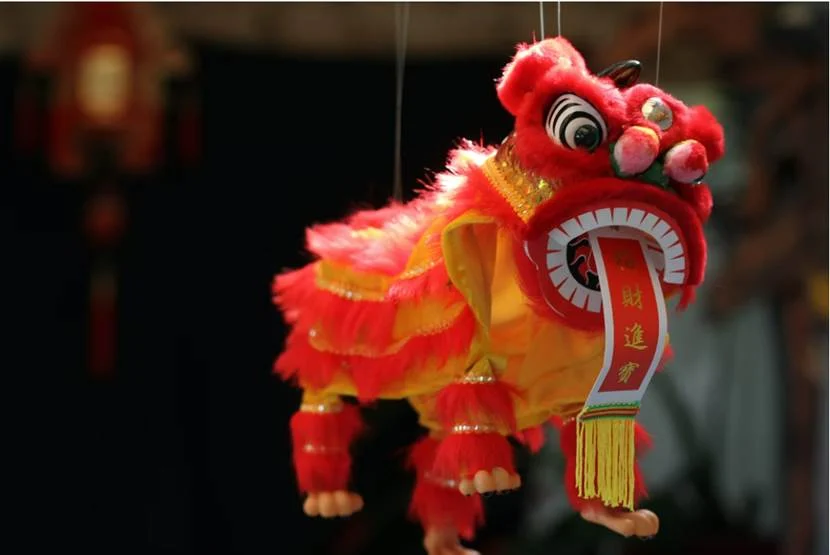
The Spring Festival(春节) is the most distinctive Chinese traditional festival. It has a history of over 4000 years. It is generally the first day of the first lunar month of the year. Traditionally, celebrations last for fifteen days, ending on the date of the full moon, when it is at its brightest. Chinese New Year 2022 falls on Tuesday, February 1st, 2022.
VIRTUAL INTERNSHIP SHOWCASE – FALL 2021
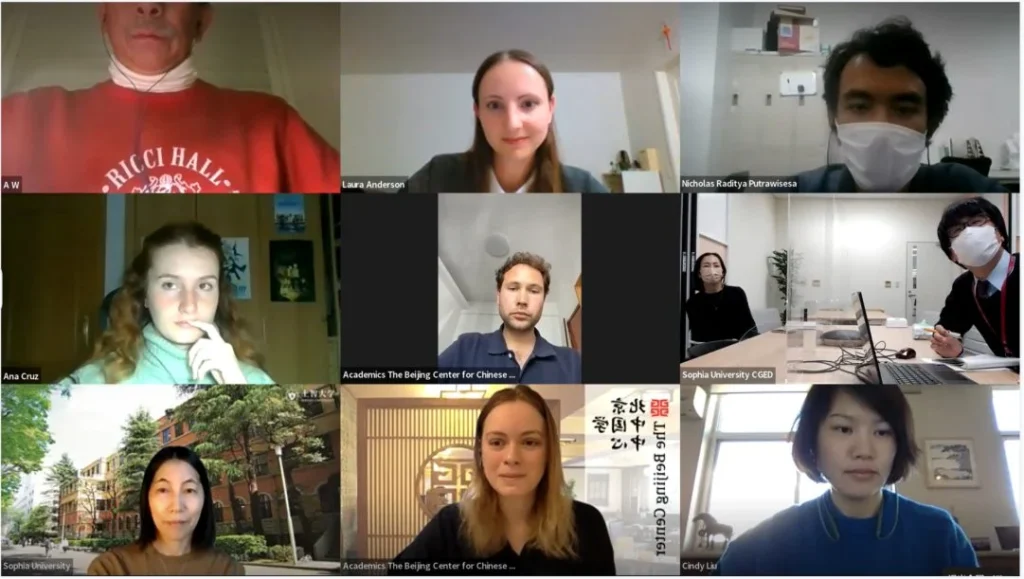
Landing an internship has always been competitive for students, but the pandemic hit makes it even harder. Considering that, TBC first launched the Virtual Internship Program (VIP) in summer 2020, aiming to provide international students with remote internships to realize their potential. On 17 December, TBC held the Virtual Internship Showcase for students participated in the 2021 Fall VIP. They ended their internship journeys by sharing their experiences in this program.
LIBRARY TOUR
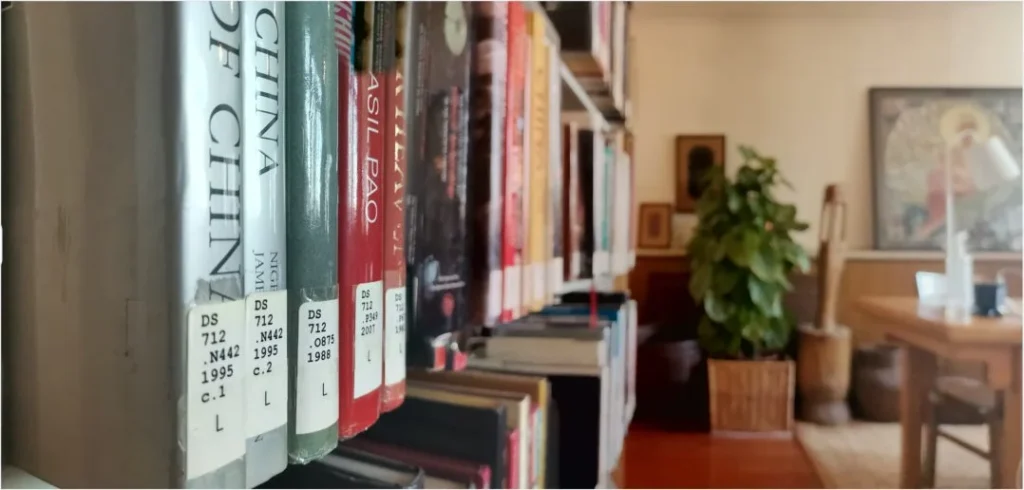
The Beijing Center Library, also known as the Anton Library, was founded in 1998 with just about 200 books. A library stores the books that store its soul. With the effort of many generations of our staff to collect books, the total collections of the library amounted to 27,000 volumes at the end of 2021. It is the largest private collection of books about China written in English within Beijing and one of the largest in China.
CARING FOR OUR COMMON HOME – VIRTUAL EVENT RECAP

On July 16, 2021, TBC held its series event East Meets West Talks, bringing together a diverse group of speakers who shed light on a pressing global issue – environmental destruction and Caring for our Common Home – planet Earth. Read more below or watch the full event recording here.
Dr. Carlos Zepeda from the Laudato Si’ Research Institute (LSRI) at Campion Hall, Oxford University began the discussion with a presentation on the current challenges of the climate and biodiversity crisis.
CARING FOR OUR COMMON HOME – VIRTUAL EVENT

Part of “East Meets West Talks” series, The Beijing Center presents “Caring for Our Common Home.” Bringing together speakers representing organizations in the UK, the US, and China, our discussion will focus on caring for our common home, offering insights into climate and biodiversity, the Encyclical Laudato Si’, and our responsibility to the planet we inhabit and future generations.
THE IGNATIAN YEAR
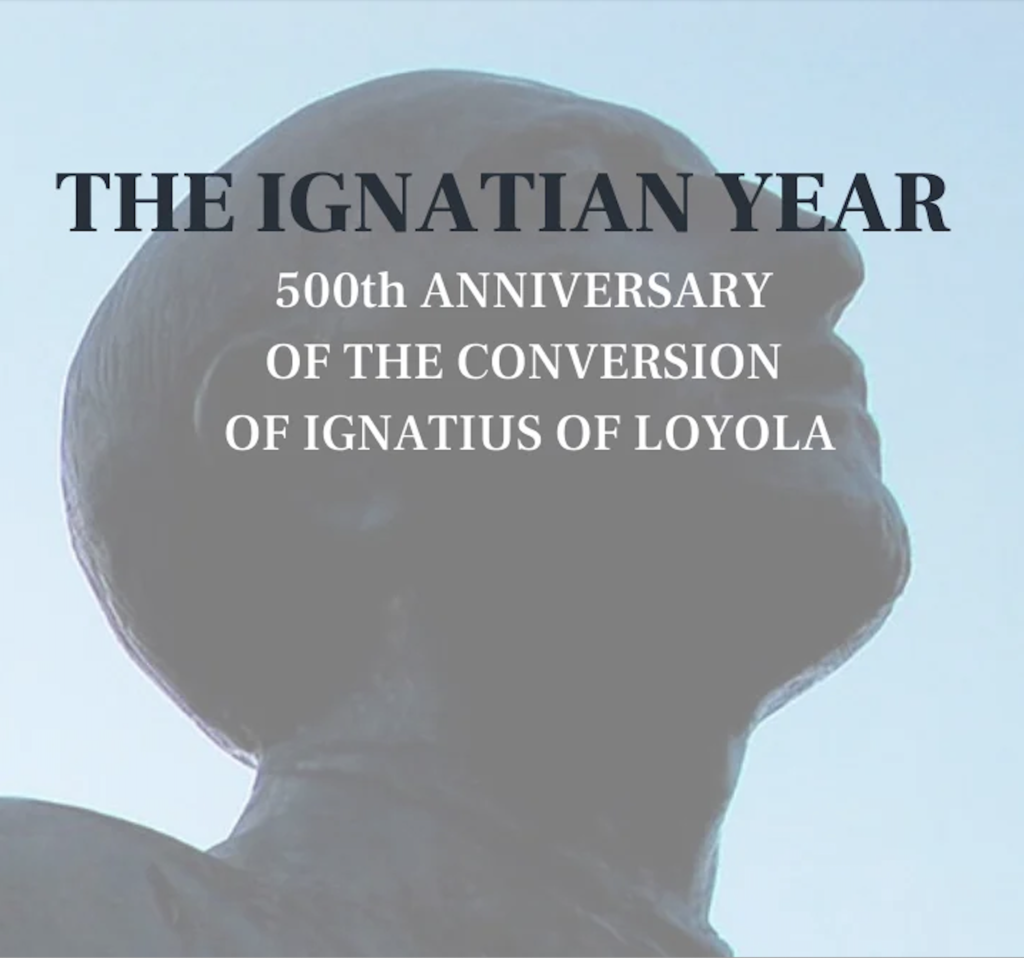
The Ignatian Year: May 20, 2021 – July 31, 2022. The Year will open on May 20th, the 500th anniversary of when Ignatius the soldier was injured by a cannonball in the Battle of Pamplona. The Year will conclude on July 31, 2022, the feast day of St. Ignatius. The peak of the celebration will fall on March 12, 2022, the 400th anniversary of the canonization of St. Ignatius. While the Ignatian Year honors the past, we are invited to be future-focused and attend to the Universal Apostolic Preferences.
TBC STANDS WITH THE ASIAN COMMUNITY
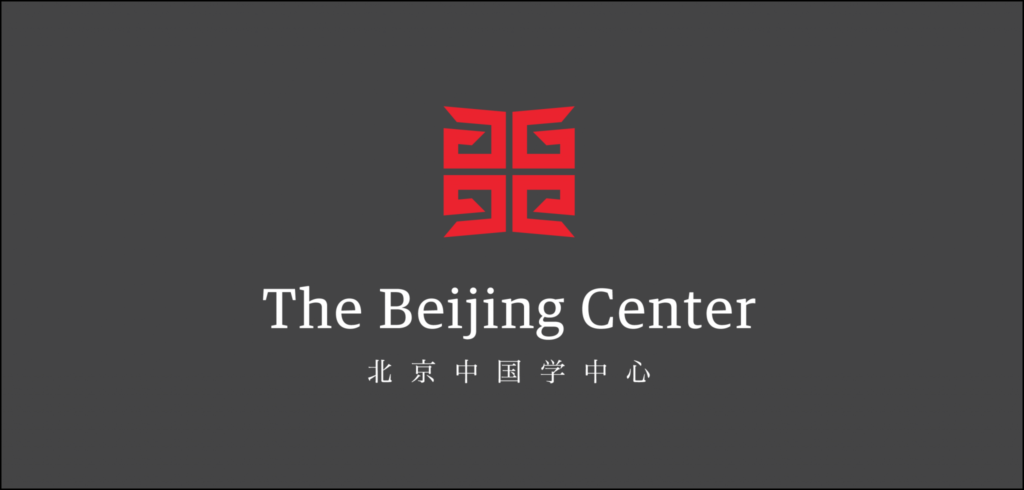
We at The Beijing Center (TBC) are all deeply disturbed by the recent violent outbreak against Asian Americans, and we are horrified at the continued unfolding of racially motivated acts of hate and violence. As we collectively continue to battle against the ongoing pandemic, an increase in violence and additional deaths points to the need to expand the awareness of bias and discrimination that is still very much present in our societies.
HOW TOMBSTONES ARE HELPING UNCOVER THE JESUITS’ HISTORY IN CHINA
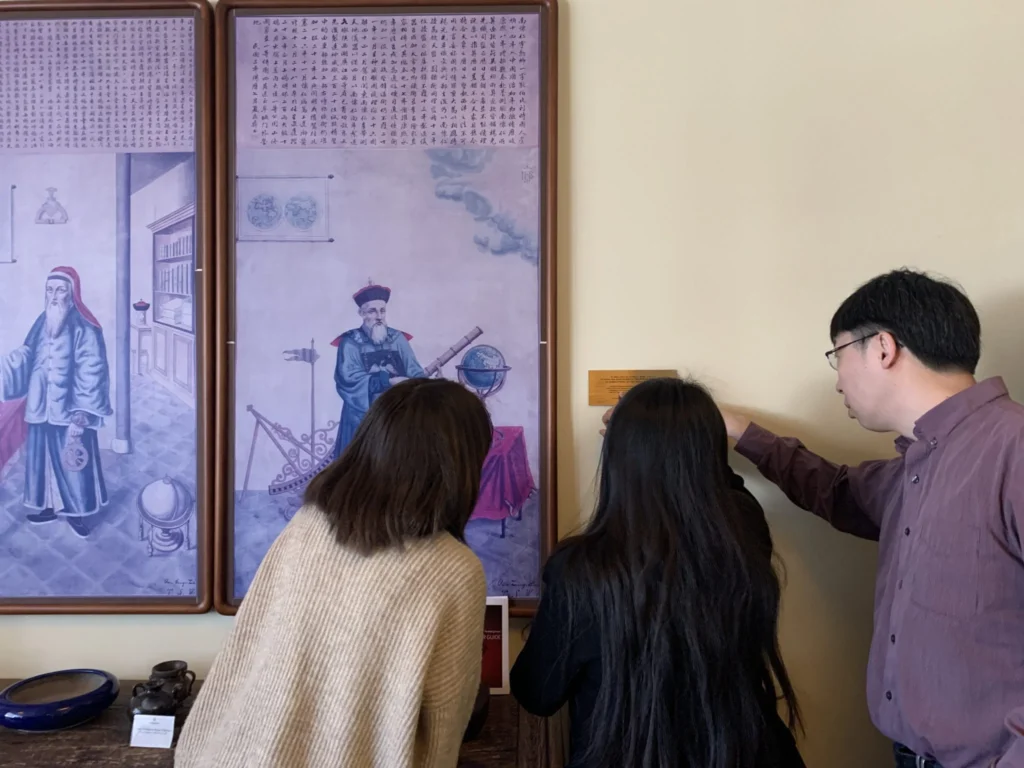
As an international academic institution with a Jesuit spirit, TBC is actively welcoming inspired and knowledgeable authors, business professionals, and scholars. On January 7, 2021, we had the pleasure of welcoming Chinese author and academic, Dr. Chen Xinyu. Formally educated at Renmin University of China and Sapienza University of Rome, Dr. Chen is currently engaged in the comparison of Chinese and Western philosophy and the archaeological study of Chinese and foreign tombs at the Beijing Administration Institute.
CHINESE ETHNICITIES: THE HAN
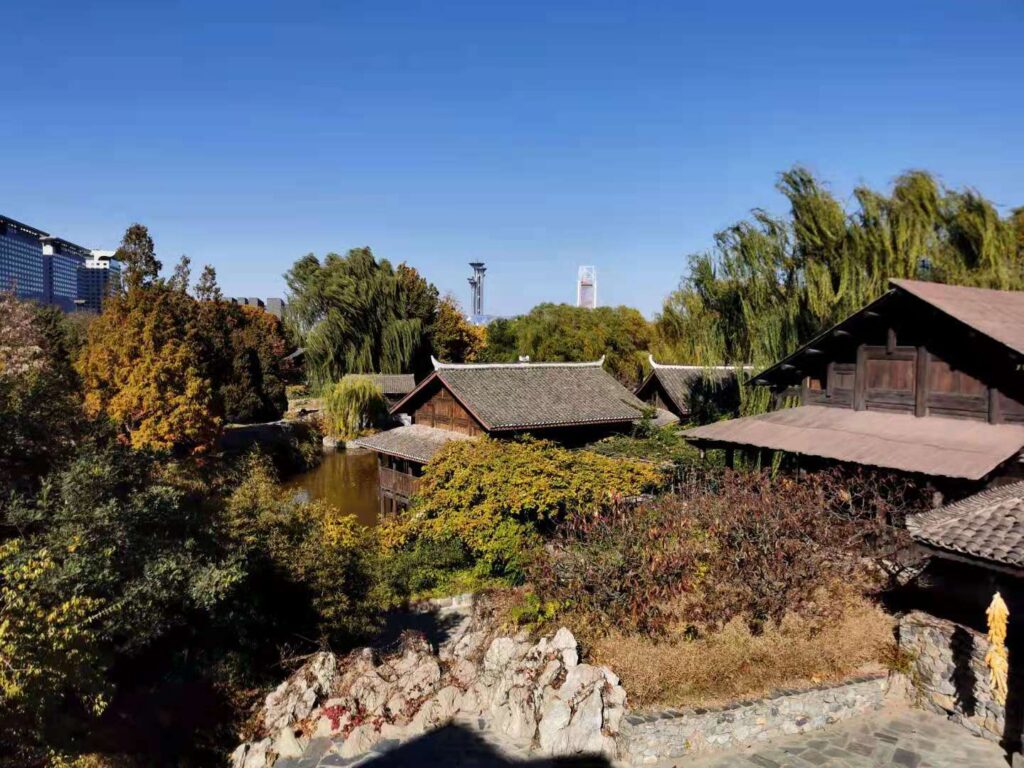
A lesser-known aspect of China is that it is one of the world’s most ethnically diverse countries. In addition to the Han, China officially recognizes 55 ethnic minority groups. A small number of Chinese nationals consider themselves members of non-officially recognized groups, for example, the Jews, Japanese, Oirat, Tuvan, etc. Throughout much of recorded Chinese history, the concepts of nationality, culture, and ethnicity were not exceptionally distinct.
THANKSGIVING WEEKEND AT TBC: POTLUCK AND SERVICE LEARNING
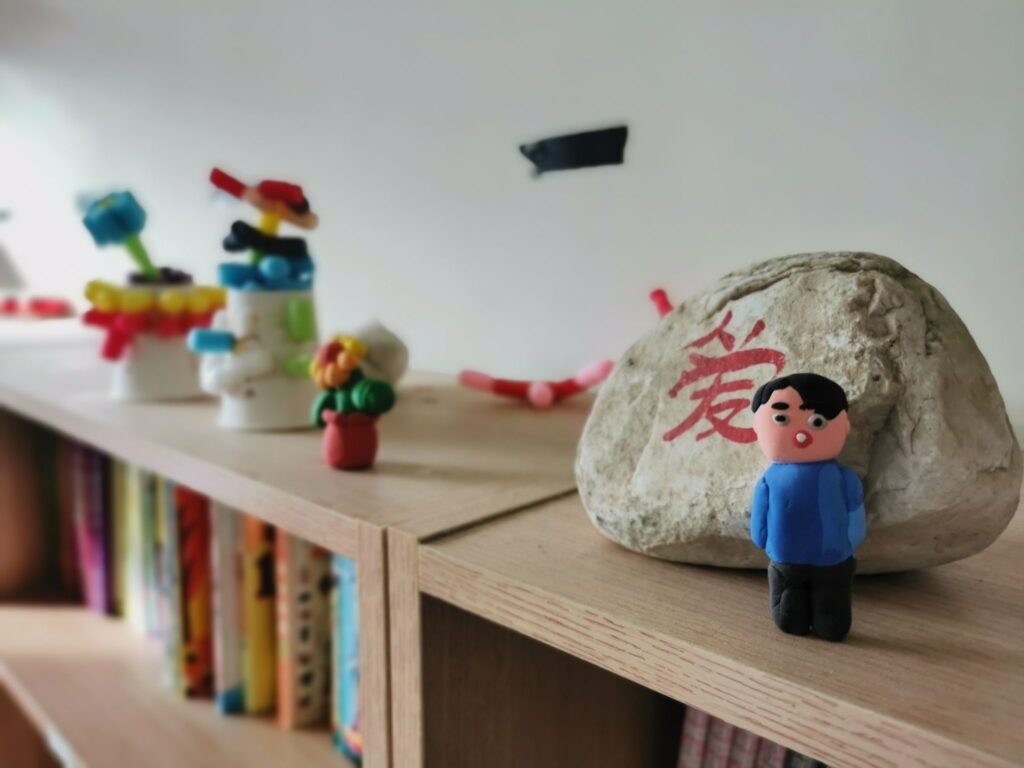
In Chinese culture, the occasion on which people give thanks with family is the Mid-autumn festival. Chinese New Year also celebrates similar concepts, but with emphasis on family reunion and setting precedents for prosperity in the year ahead. However, it is also said that the modern Chinese are the only non-North Americans who celebrate western Thanksgiving.
SINGLES’ DAY: CHINESE YOUTH AND THE LARGEST SHOPPING HOLIDAY IN THE WORLD
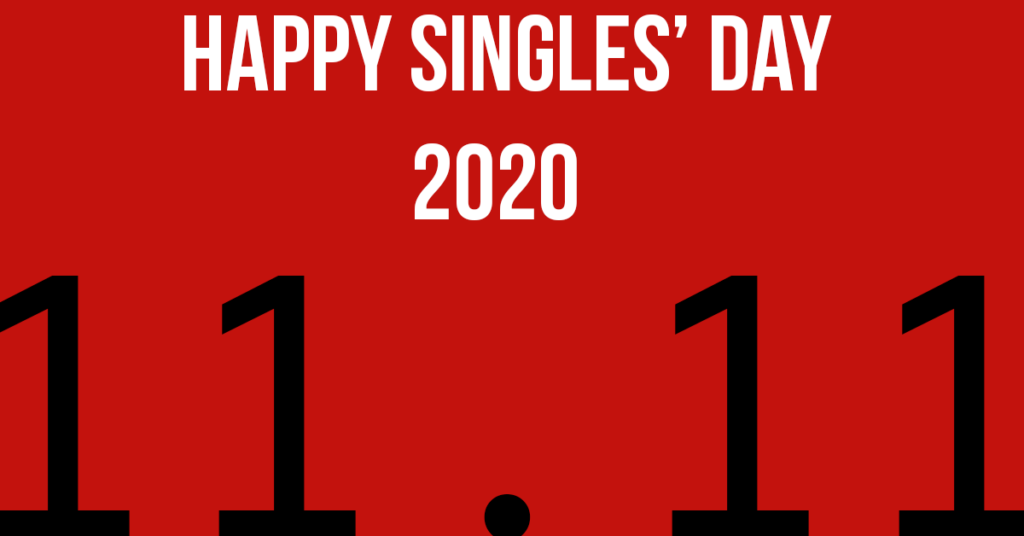
In traditional Chinese culture, family units are highly valued. Although resulting in positive phenomena such as strong family bonds across generations, family units can also lead to stress among those of “marriageable age.” Combined with the modern demands of education, employment, and a gradual change in attitude, more Chinese youth choose to delay marriage or remain single. And thus, with the rise of a massive group of well-educated and self-sufficient Chinese youth, the world’s biggest retail holiday was born: Singles’ Day.
IN CONVERSATION WITH ANCIENT CHINESE PHILOSOPHERS
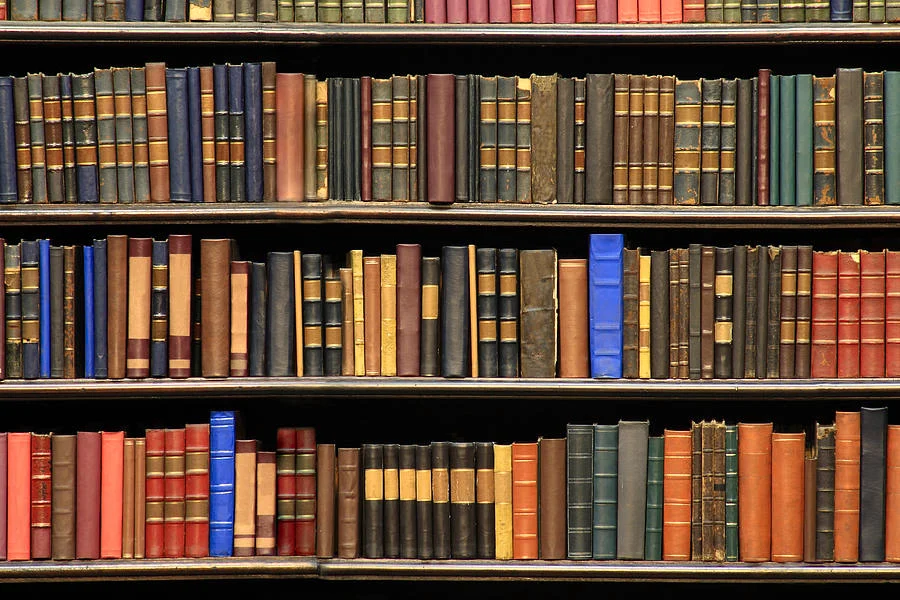
It’s been a crazy couple of weeks for our students here at TBC. Despite just having handed in a bunch of midterm papers, the late nights are making a reappearance for some last-minute STEM course studying. In the hectic run-up to Thanksgiving, be sure to take a moment, breathe, and be present. In the words of Confucius: “wheresoever you go, go with all your heart.” Let’s look at some Chinese philosophical ideas and how they can be applied to our lives today.
CHANGE AND CONTINUITY: THE ARCHITECTURAL WONDER OF THE FORBIDDEN CITY
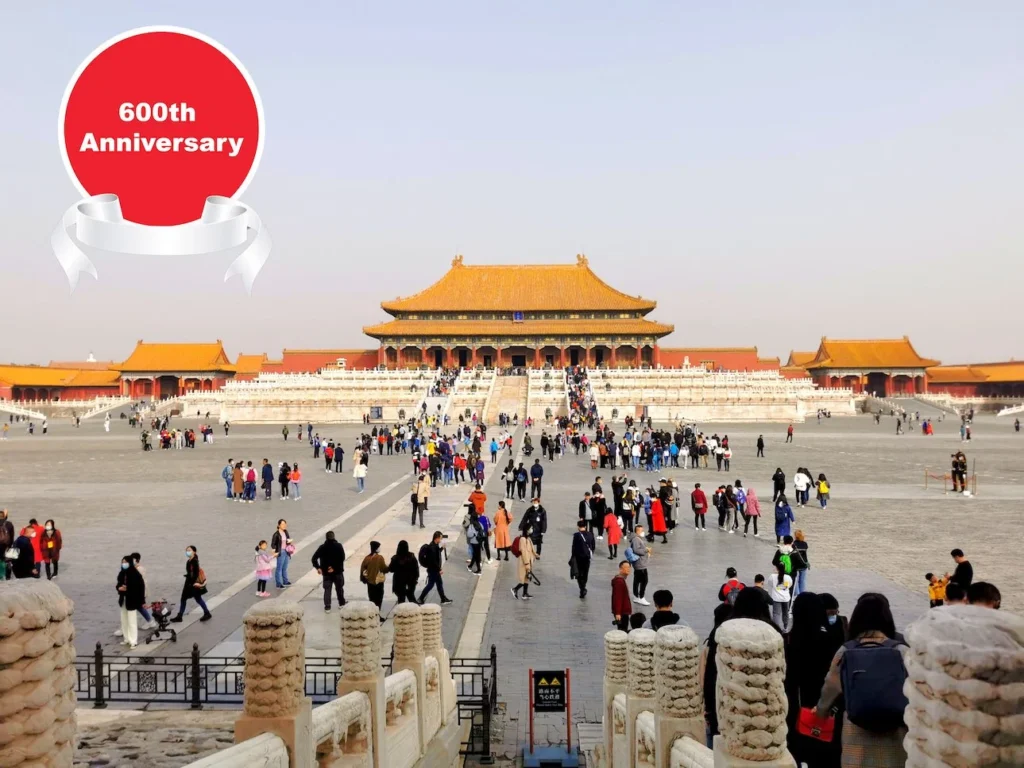
The Forbidden Palace is an architectural wonder and the first recognized Chinese World Heritage site. Constructed in 1420, in the early Ming Dynasty, it is by far the largest ancient palatial structure in the world, covering a total of 180 acres. Today, it is the most valuable piece of real estate in the world, worth around 70 billion dollars. Due to its size, the Forbidden Palace is also referred to as the Forbidden City.
THE STORY BEHIND CHINA’S MID-AUTUMN FESTIVAL
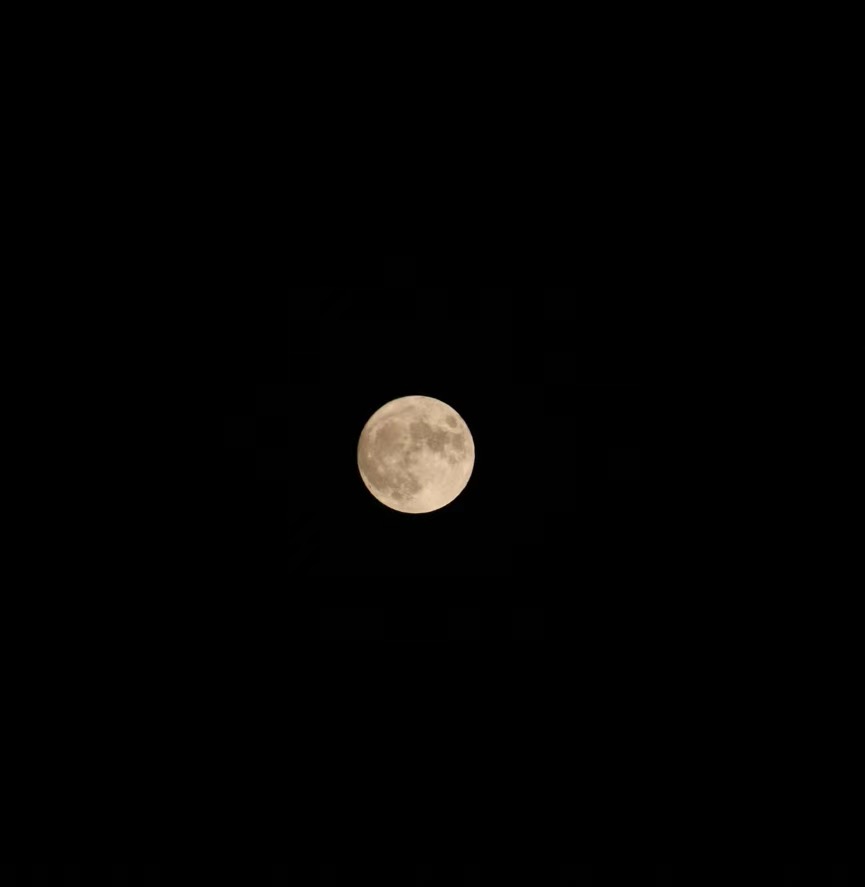
Thousands of years ago, on the 15th day of the eighth month of the Lunar calendar, Emperor Xuanzong of the Tang Dynasty lit incense in honor of Chang’e, goddess of the moon. As the legend goes, Change’e was once the beautiful wife of the hero, Hou Yi, who was gifted an elixir of immortality by a being who admired him.
TALKING CHINA WITH MICHAEL SCHUMAN
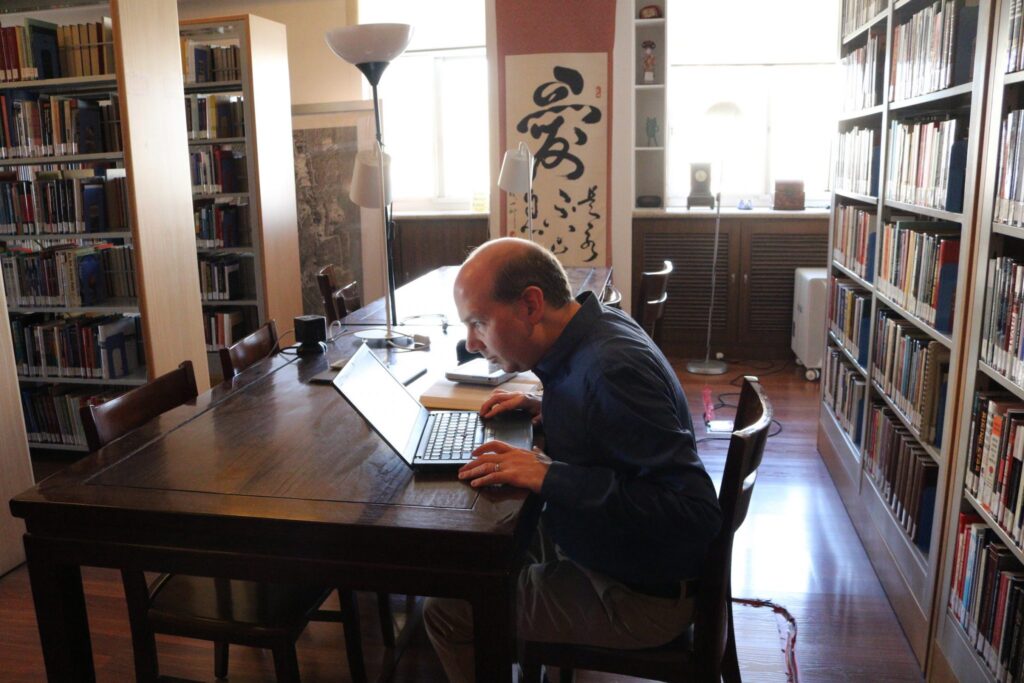
Michael Schuman is a journalist and author who has lived and worked in Asia since 1996. His new book is his third about Asia. The earlier works are “Confucius and the World He Created” (Basic Book, 2015) and “The Miracle: The Epic Story of Asia’s Quest for Wealth” (HarperBusiness, 2009). Mr. Schuman has been a correspondent for The Wall Street Journal and Time magazine. He currently is a contributor to The Atlantic, Bloomberg Opinion, and other publications. He has a Master in International Affairs from Columbia University and a Bachelor of Arts from the University of Pennsylvania.
